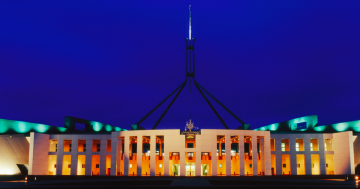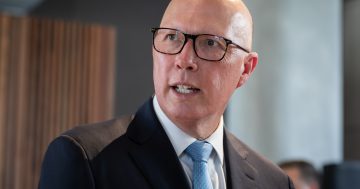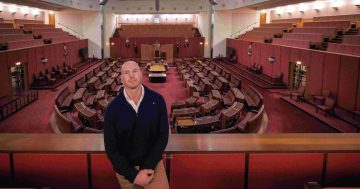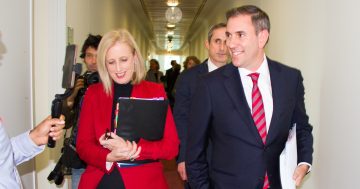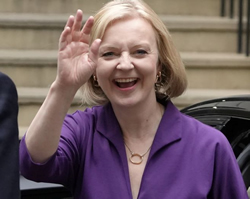 New United Kingdom Prime Minister, Liz Truss’ plans to slash taxes will mean radical cuts to public services, a senior economist has warned.
New United Kingdom Prime Minister, Liz Truss’ plans to slash taxes will mean radical cuts to public services, a senior economist has warned.
Ms Truss (pictured) made tax cuts the central pledge of her successful campaign against former Chancellor of the Exchequer, Rishi Sunak, claiming this would help tackle the rising cost of living.
However, Director at the Institute for Fiscal Studies (IFS), Paul Johnson says the tax pledges will mean serious public spending cuts.
“There’s going to have to be significant additional funding for public services, because they’re also facing this inflation,” Mr Johnson said.
“Yet she’s also talking about 10, 20, 30-plus billion pounds worth of tax cuts.”
He said even if taxes were cut now “it’s very hard to know how you keep them down unless you’ve got some very new, novel, radical plans for cutting back on other public services”.
In her victory speech, Ms Truss said she had a “bold plan” to cut taxes while also tackling soaring energy bills.
The IFS has also warned that Ms Truss’ tax plans would “breach fiscal targets”.
This comes after the Resolution Foundation in July said tax cuts were not a serious answer to the cost-of-living crisis, warning they would benefit the wealthiest the most.
An analysis by the British Broadcasting Corporation has revealed the bottom 10 per cent of earners would benefit by £7.66 ($A13.06) a year from her planned cuts.
In contrast, the top 10 per cent of earners would benefit by £1,801.89 ($A3,073.23).
However, Ms Truss defended her tax cutting plans, claiming it was fair that they would benefit the wealthiest the most, as she was focused on economic growth.
Meanwhile, General Secretary of the FDA union covering senior Public Servants, Daven Penman has hit back against new accusations from Minister for Government Efficiencies, Jacob Rees-Mogg that staff were using flexible working arrangements to “skive off”.
Mr Rees-Mogg has asked Departments for “details of any controls … to ensure Civil Servants working flexibly are, in fact, working their contractual hours”.
Mr Penman said Mr Rees-Mogg had “an ideological obsession that any flexibility for Public Servants was somehow a skive”, noting that flexi-time had been in use in the public sector for decades.
London, 7 September 2022


